20 Non-Samurai Films of Akira Kurosawa
Dreams│© Akira Kurosawa and Warner Bros.
Akira Kurosawa is one of the greatest and most important figures in Japanese cinematography and in the history of cinema. He directed and co-wrote 30 films over the course of his 50-year career. He was so complete as a director, that he could capture both grandiose and epic scenes of violence and war, such as the battles in Ran (1985), and delicate, touching moments, such as the love story of the couple Yuzo and Masako in One Wonderful Sunday (1947).
The director turned samurai films into a style and is mostly remembered for them, however his filmography covers a wide variety of genres. To film critic Robert Ebert, Kurosawa´s films are not outstanding only because of his techniques, breathtaking action scenes and beautiful visuals, but also because he was a thoughtful humanist with “a heart of deep human understanding”. He prioritized the emotions and the internal changes of his characters. Themes such as human vulnerability and the fear of mortality, time, ageing, the power of nature, identity, inner conflicts, warfare, environmental issues, social injustices, politics, corruption, oppressive masculinity and the human condition of not being able to coexist without war and violence are common in his films. However, hope, love, trust, courage, honour and the desire for change also inspire Kurosawa´s characters.
Those feelings are universal. Although Kurosawa´s films were Japanese and revealed peculiarities of Japanese society to the West, the conflicts shown in them could be experienced by anyone anywhere in the world; As Kurosawa used to say: “Human beings share the same common problems. A film can only be understood if it depicts these properly. The characters in my films try to live honestly and make the most of the lives they've been given. I believe you must live honestly and develop your abilities to the full. People who do this are the real heroes.”
In this article we explore 20 remarkable films from Akira Kurosawa that go beyond the samurai genre.
20. Sanshiro Sugata & Sanshiro Sugata Part II
1943 & 1945
This action drama in two parts is based on the novel by Tsuneo Tomita, son of the earliest disciple of judo. In 1882 young Sanshiro (Susumu Fujita) travels in search for a master of jujutsu. However, he realizes jujutsu pupils use the art to act like bullies. When he sees a judo master, Shogoro Yano, successfully defending himself, Sanshiro decides to learn from him this new form of self-defence. In Part II, Sanshiro needs to prove his judo mastery in a match against Westerners and karate fighters. Initially Sanshiro is immature, brute and lacks conscience, but evolves throughout the films. Although a bit predictable, they are interesting for depicting Sanshiro´s spiritual growth without losing his innocent happiness.
“You're strong. Maybe even stronger than me. But your judo and my judo are worlds apart. Do you know why? Because you don't understand humanity. Teaching judo to such a man is like giving a knife to a lunatic.” – Shogoro Yano
Sanshiro Sugata│© Toho
19. The Most Beautiful
1944
This semidocumentary about a group of young female volunteer workers of an optics factory during the Second World War was intended to be a patriotic propaganda film. Yet thanks to Kurosawa’s geniality, while focusing on humanistic aspects – like hope, family, loyalty, friendship and identity –, it became a subtle and elegant criticism of war efforts, brainwashing and the Japanese extreme notion of duty. The Most Beautiful is a portrait of local women of the period, something rare in Kurosawa´s works. In one harrowing sequence, we almost feel like we are struggling with the resilient but exhausted Watanabe (Yoko Yaguchi), who works another shift through the night in an attempt to correct a mistake.
“One can’t improve productivity without improving one’s character.” – Factory manager
The Most Beautiful│© Toho
18. No Regrets For Our Youth
1946
The film centers on the story of Noge (Susumu Fujita), who is involved in illegal political activities, and Yukie Yagihara (Setsuko Hara), a spoiled girl who drastically changes the course of her life after marrying him. The character Noge was inspired in journalist Hotsumi Ozaki, who assisted a Soviet spy during the Second World War. Yukie´s personal maturation and improvement throughout the film is remarkable. We follow her transformation from spoiled bourgeois heiress to independent and resilient social activist and rural worker. This is probably one of the strongest female characters in Japanese movies.
“No regrets in my life. No regrets whatsoever.” – Yukie
No Regrets for Our Youth│© Toho
17. One Wonderful Sunday
1947
Depicting the struggles, challenges and hopes of post-war Tokyo, this film is a shomin-geki, a genre about the lives of middle class people. It is a beautiful, candid and thrilling film about love and social problems. The couple Yuzo (Isao Numasaki) and Masako (Chieko Nakakita) try to entertain themselves with very few money on a Sunday. We cry, laugh, suffer and have hope together with the characters. There are many memorable moments, but their fantasy of working in their imaginary cafeteria and the silent conducting performance of a symphony are simply thrilling.
“This is the kind of world where you need dreams the most. You can't live without them. It'd be too painful.” – Masako
One Wonderful Sunday│© Toho
16. Drunken Angel
1948
A yakuza noir film, this is the first of sixteen collaborations between Kurosawa and actor Toshiro Mifune. The story happens in a poor neighbourhood of post-war Tokyo. An unstable yakuza criminal with tuberculosis, Matsunaga (Mifune) goes to the clinic of the alcoholic medic, Dr. Sanada (Takashi Shimura). They develop a bond with ups and downs, but Matsunaga stubbornly refuses to change his ways to heal. Sanada, on the other hand, struggles with his own demons while trying to put sense in the young man´s head. The ending is quite remarkable for being brutal and hopeful at the same time.
“We all have fears, we're human. But you're too ashamed to admit it. And you confuse that with courage.” – Dr. Sanada
Drunken Angel│© Toho
15. The Quiet Duel
1949
Another Kurosawa film about medics. According to the cinema columnist Bondan Syamsu, the doctors in Kurosawa´s films represent the philosophy of self-sacrifice and living to serve. When the surgeon Kyoji Fujisaki (Toshiro Mifune) gets syphilis from a patient after an accidental cut during an operation, his life turns upside-down, but he refuses to hurt other people because of his misfortune. Along with his father (Konosuke Fujisaki, played by Takashi Shimura), he helps patients in need in their hospital and transforms lives around him. The scene where father and son talk about Kyoji´s illness is touching and reveals an extraordinary bond between characters and between these great actors.
“My son is a saint? I don´t know about that. He is just trying to give hope back to people who are unhappier than he is.” – Dr. Konosuke Fujisaki
The Quiet Duel│© Daiei Film
14. Stray Dog
1949
When newly-promoted Detective Murakami (Toshiro Mifune) gets his pistol stolen, he ventures alone into the underworld of crime of post-war Tokyo to find the responsible, unsuccessfully. However, he gets clues that lead to a chain of other crimes. Ashamed for having failed twice, he gives his resignation letter to Police Inspector Nakajima, who tears up the paper and says: “Bad luck either makes a man or destroys him. Are you gonna let it destroy you? Depending how you take it, bad luck can be a big break”. This thought is what inspires Murakami throughout the rest of the film. Before, he was worried with his reputation inside the police department, now he is willing to make amends and prevent more bad things to happen with the help of the experienced Detective Sato (Takashi Shimura). Everything works in this interesting film. It is considered a precursor to the ‘investigation and partner cops’ films. One remarkable detail is how Kurosawa can make us feel as uncomfortable as the characters who are struggling because of a heatwave during the entire film.
“There´s no hope for a cop who doesn´t believe he´s protecting the masses. Leave the psychoanalysis to the detective novels.” – Detective Sato
Stray Dog│© Toho
13. Scandal
1950
Toshiro Mifune is the painter Ichiro, whose circumstantial meeting with a famous singer is exploited by reporters and falsely turned into an affair. Ichiro file a lawsuit against the magazine, however his lawyer, Hiruta (Takashi Shimura) behaves deviously; later we get the change to understand Hiruta better. It is a not very bright film, but it brings reflections about media responsibility, social privilege, redemption and morality.
“If a person doesn´t let out what´s deep is his heart, he´ll end up choking to death on it.” – Lawyer´s daughter.
Scandal│© Shochiku Co. Ltd.
12. The Idiot
1951
Based on the 1869 novel by Fyodor Dostoevsky. The naïve and sensitive Kinji Kameda (Masayuki Mori) suffers from epileptic dementia. After leaving from a mental asylum, he gets involved in a web of greed, cruelty and passion when he meets the wealthy Denkichi Akama (Toshirô Mifune), the mistress Taeko Nasu (Setsuko Hara) and the young determined Ayako (Yoshiko Kuga. While Kameda is deceived and considered a mad man, he is the one in the story who shows more wisdom and humanity.
“Drunk in your misery, you don´t see the grief you cause to others.” – Ayako
The Idiot│© Shochiku
11. Ikiru
1952
Ikiru means ‘to live’. This is one of Kurosawa´s most beautiful films. It centers on the final quest of the terminally ill civil servant Kanji Watanabe (Takashi Shimura) to find meaning in life. Human fragility, fear of death, unjust bureaucracy and politics and decaying family values are the themes. Shimura´s acting is superb. The scenes where his character can´t communicate with his son are heart-breaking. Actually, the whole film is thrilling. Despite the melancholic story, the ending is pure hope. To watch Ikiru is an experience everyone should have.
“I can't afford to hate people. I don't have that kind of time.” – Kanji
Ikiru│© Toho
10. I Live in Fear
1955
The elderly factory owner Kiichi Nakajima (Toshiro Mifune) lives so terrified and obsessed about the possibility of a nuclear attack that he becomes determined to move his whole family to Brazil against their will; he believes they will be safe there. Because of his mental instability, the family decides to have him ruled incompetent, taking advantage of the situation. This surprising film shows a sick society with people so frightened by memories of the past and anxieties for the future that can no longer differentiate reality from madness; everyone behaves absurdly, not only those considered mad.
“Is he crazy? Or are we, who can remain unperturbed in an insane world, the crazy ones?” – Psychologist
I Live in Fear│© Toho
9. The Lower Depths
1957
Although the story happens during samurai era, the Edo period, this film is about common people. It is based on the 1902 play by Maxim Gorky. The story takes place in a slum where poor residents – thieves, gamblers, ronin, former artists, pilgrims, prostitutes – try to live their lives the best way they can, whether dreaming with a better future or accepting hardship. In their collective misery, the characters deal with love, lust, hope, delusion, sickness, death, idleness and greed. The arrival of a pilgrim named Kahei (Bokuzen Hidari) brings fresh air from the world outside. Deliciously chaotic and funny in its sarcasm. A must-see.
“It's not good when you can't even remember your favourite things. Our favourite things are the very core of our lives.” – Pilgrim Kahei
The Lower Depths│© Toho
8. The Bad Sleep Well
1960
The first film produced by Kurosawa's own independent company. It is a perfect representative of the crime-mystery-noir genre. Toshiro Mifune plays a young man, Koichi Nishi, who gets a prominent position in a corrupt company to expose the men responsible for his father's death. The film is about corporate corruption in Japan, injustice, greed, obsession, revenge and the sometimes blind filial obedience embedded in Japanese society. It´s dark, impressive and heart breaking with an astonishing plot twist.
“It's not easy hating evil. You have to stoke your own fury until you become evil yourself.” – Koichi Nishi
The Bad Sleep Well│© Toho
7. High and Low
1963
A film about moral choices, High and Low was loosely based on the 1959 novel King's Ransom by Evan Hunter. The rich executive Kingo Gondo (Toshiro Mifune) is forced to make a decision between using his wealth to gain control of the company he is actionist or to help his humble employee to pay for the ransom of his kidnapped son. The police soon finds out that the medical intern Ginjiro Takeuchi (Tsutomu Yamazaki) is a suspect and the investigation evolves. In this crime, there is much more involved than only greed: hate, perversity, social injustice, corporative corruption and the underworld of drugs.
“Your house looked like heaven, high up there. That's how I began to hate you.” – Ginjiro Takeuchi
High and Low│© Toho
6. Red Beard
1965
This film about the medical profession marks Kurosawa´s last collaboration with Toshiro Mifune after 16 productions. It is told they had a disagreement during the shooting, which ruined their professional and friendly relationship. Based on a short story collection by Shūgorō Yamamoto, the film happens towards the end of the Tokugawa period (19th century). It focuses on the relationship between a town doctor, the empathetic and altruistic Dr. Kyojo Niide (Mifune), and his new assistant, the selfish, ambitious and arrogant Dr. Noboru Yasumoto (Yuzo Kayama). Both having strong and different tempers, at first they don´t get along, but throughout the film, Niide becomes Yasumoto´s inspiration and mentor not only for the profession, but also for spiritual growth. It is another Kurosawa film that explores deeply the problem of social injustice, humanism and existentialism. It has impressive scenes and strong performances.
“Poverty's a political problem they say. But what has politics ever done for the poor? If it weren't for poverty, half of these people wouldn't be sick. There is always some story of great misfortune behind illness.” – Dr. Kyojo Niide
Red Beard│© Toho
5. Dodes'ka-den
1970
The title is the Japanese onomatopoeia for the sound trolleys make. The film is the first-ever in colour of Kurosawa´s career and they stand out vibrantly in contrast to the melancholy of some characters. Based on Shūgorō Yamamoto's 1962 novel A City Without Seasons, the film tells the stories of various homeless people living in a community in the outskirts of Tokyo, including a boy who drives an imaginary trolley and a beggar who make plans of constructing his dream house with his son. It´s a modern version of The Lower Depths. Both sad and funny, depressing and amusing, Dodes'ka-den is an interesting portrait of society and its problems, but some moments are revolting and very dark; the film seems to reflect Kurosawa´s gloomy state of mind at the time. After financing the production, the film failed at the box office, leaving Kurosawa with large debts. Disappointed and depressed, he attempted to end his life in 1971. Fortunately, he was rescued and recovered.
“The Japanese prefer soft light to bright sunshine. We like shady places. We like to live in the midst of nature. So we couldn't get used to concrete houses.” – Beggar
Dodes'ka-den│© Toho
4. Dersu Uzala
1975
A Russian-Japanese production, this is Kurosawa´s only non-Japanese-language film. It is based on the 1923 memoir book Dersu Uzala, by Russian explorer Vladimir Arsenyev, and it happens at the wilderness of Siberia. A homage to nature, simple virtues and friendship, the film explores the themes of destruction of nature and loss of traditions by the advance of civilization, loyalty and ageing. A nomadic native of the forests, Dersu Uzala (Maksim Munzuk), becomes a guide on a surveying expedition for Russian army explorer, Captain Arsenyev (Yuriy Solomin). The men, with totally different backgrounds, develop deep and sincere friendship and respect for each other. The film has strikingly beautiful scenes and a powerful message. It is a masterpiece.
“Man's measure is dwarfed by the vastness of nature.” – Captain Arsenyev
Dersu Uzala│© Daiei Film
3. Dreams
1990
Eight poetical and magical short stories, inspired by actual recurring dreams Kurosawa used to have colour this film. After 45 years co-writing, he was the sole author of the screenplay of Dreams, which is a portrait of his beliefs and concerns. Dreams was made with the assistance of George Lucas and Steven Spielberg. Art, infancy, death, warfare, traditions, nature, simplicity and spirituality are some of the themes. The visuals are stunning and, although it is Kurosawa´s most personal film, it is also an invitation to the viewer to use his own imagination while reflecting and interpreting the stories
“These days people have forgotten they're part of nature too. They can't live without nature yet they always meddle with it and destroy it.” – Old Man
Dreams│© Akira Kurosawa and Warner Bros.
2. Rhapsody in August
1991
A tale of three generations of a family in post-war Japan based on the novel Nabe no naka by Kiyoko Murata. 50 years after the atomic bombing of Nagasaki, the survivor (hibakusha) Kane (Sachiko Murase) who lost her husband and relatives in 1945 still harbours some hostility towards the United States. A long-lost brother of her who lives in Hawaii manifests the desire to see her before he dies, but she resists to leave Nagasaki and to go to the US. Her grandchildren and her brother´s American son (Richard Gere), who comes to Japan, try to convince her to go. It is a beautiful and delicate film about aging, loss, death, the scars of the bombing and the war, resistance to the changes and the relations between people from different generations and between Americans and Japanese.
“There are things we don´t need words to understand.” – Kane
Rhapsody in August│© Shochiku
1. Madadayo
1993
The thirtieth and last film of Kurosawa, this comedy-drama is based on the life of Japanese academic and author Hyakken Uchida (1889–1971). Immediately before the Second World War, Uchida (played by Tatsuo Matsumura) retires as a professor of German. He maintains a close friendship with a group of former students who adore him. Every year they celebrate his birthday and perform a ritual for longevity: when they question "Mahda kai?" (not yet?), Uchida answers "Madada yo!" (No, not yet!). After getting their house destroyed by an air raid, Uchida and his wife move to a hut close to the ruins because he stubbornly refuses to leave. The sequence where Uchida and his wife struggle in the tiny place with rain, cold and uncomfortableness maintaining a joyful spirit is a remarkable example of how Kurosawa could turn simple details in art. Although a bit long for a slow paced film, it is definitely worth it to watch. It portrays everyday life in Japan and reflects on subjects like ageing, mortality, time, friendship, the resistance to change and the importance and beauty of simple things in life. Kurosawa also explored more deeply the American occupation of Japan in Madadayo.
It is interesting that a film about a devoted, hopeful and cheerful man who treasured the simple things while dealing with the odds and difficulties of ageing is the last of Kurosawa. It is like a farewell message from the director to the world. He was 83 when he filmed Madadayo. Talented, perfectionist, visionary and passionate, Kurosawa made films with his soul and heart, not only his mind; he was a man who developed his abilities in his art to the full. It is impossible not to think of him when the professor Uchida says the following in one of his birthday speeches: “Find something you really like. Find something that you´d able to treasure. When you find it, work very hard for your treasure. And it will become a career you put your heart into. That is your real treasure.” – Professor Uchida
Madadayo│© Daiei & Toho









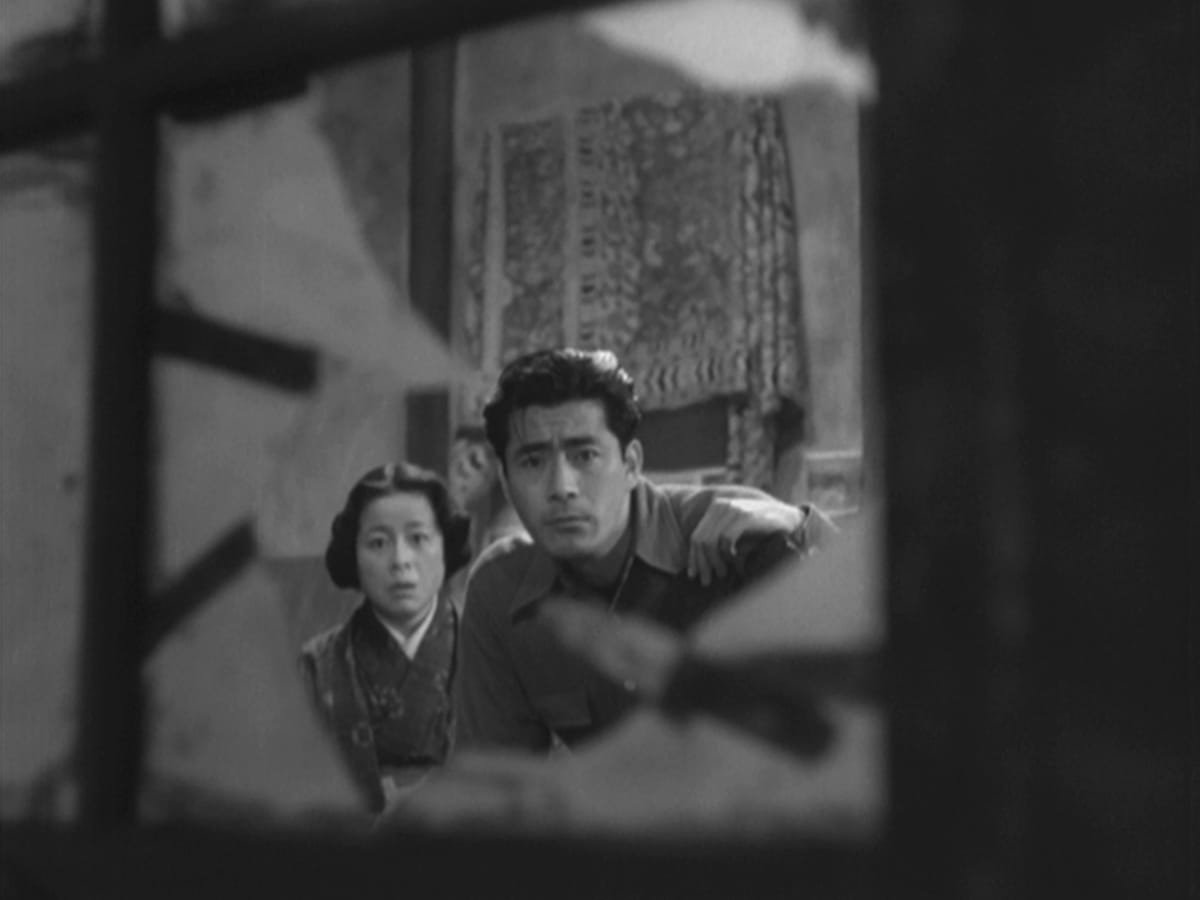
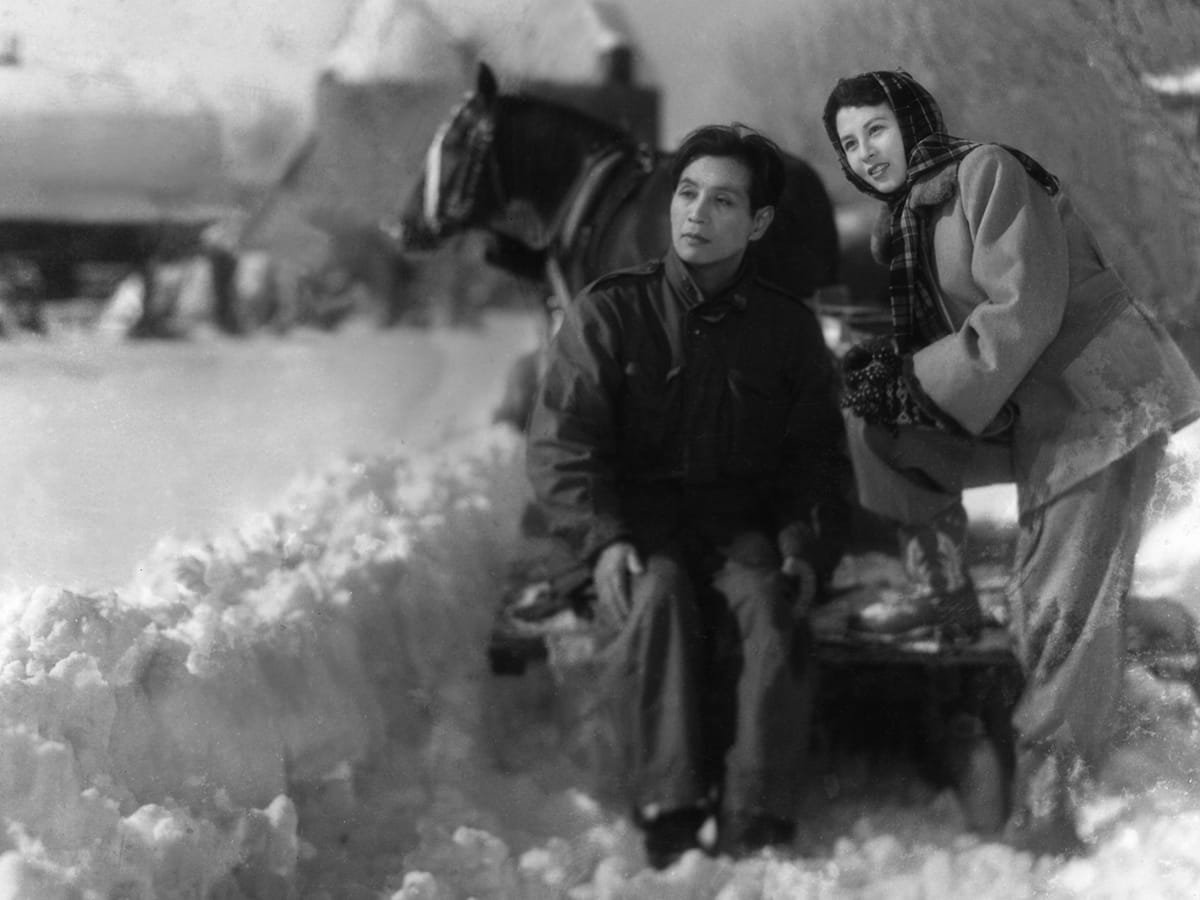
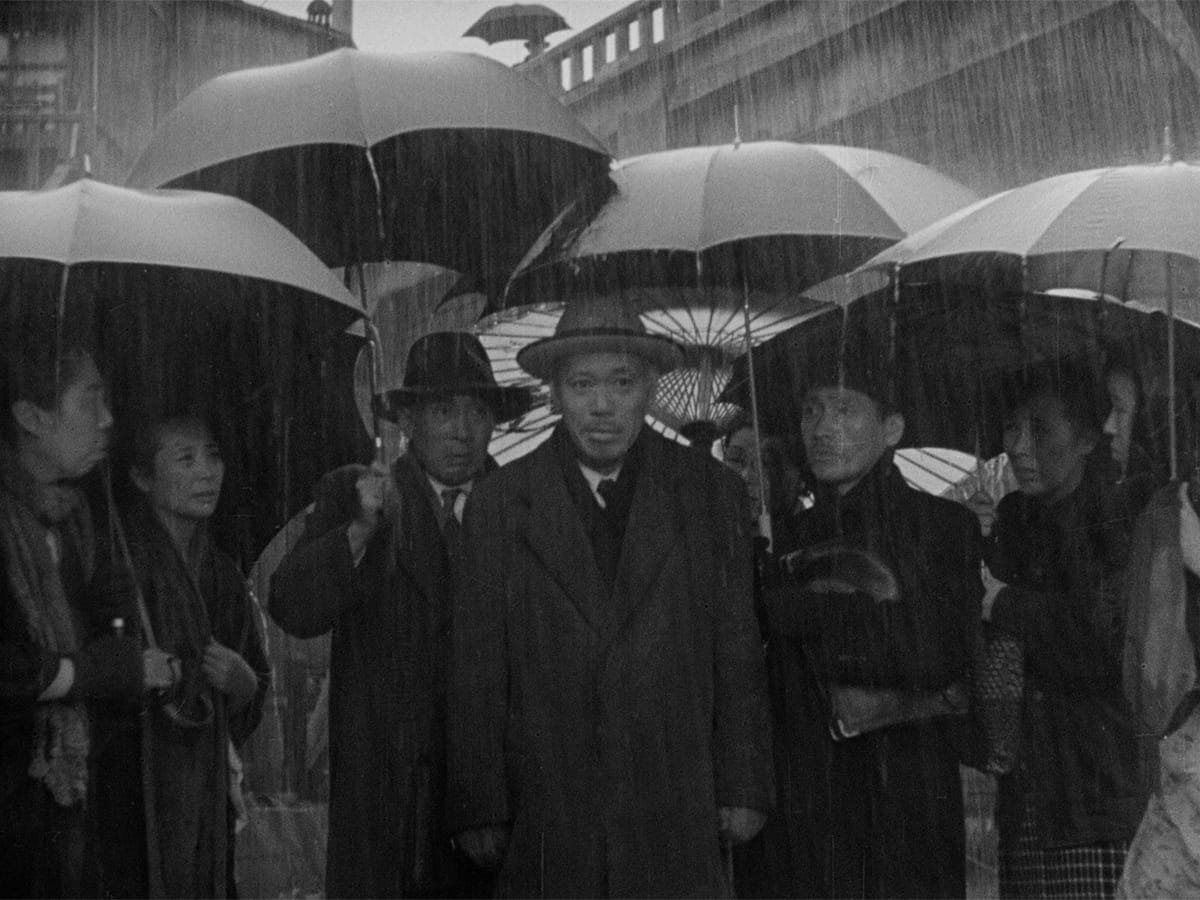
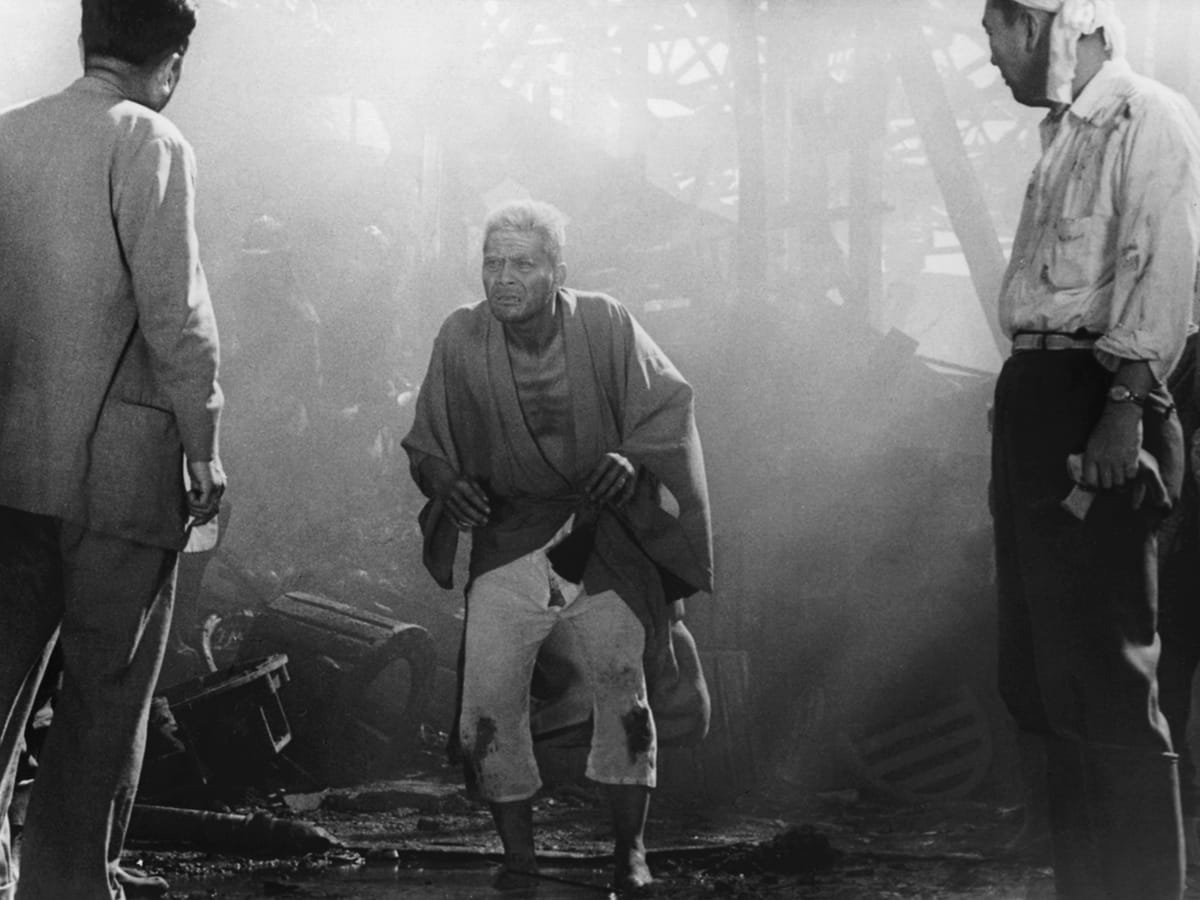


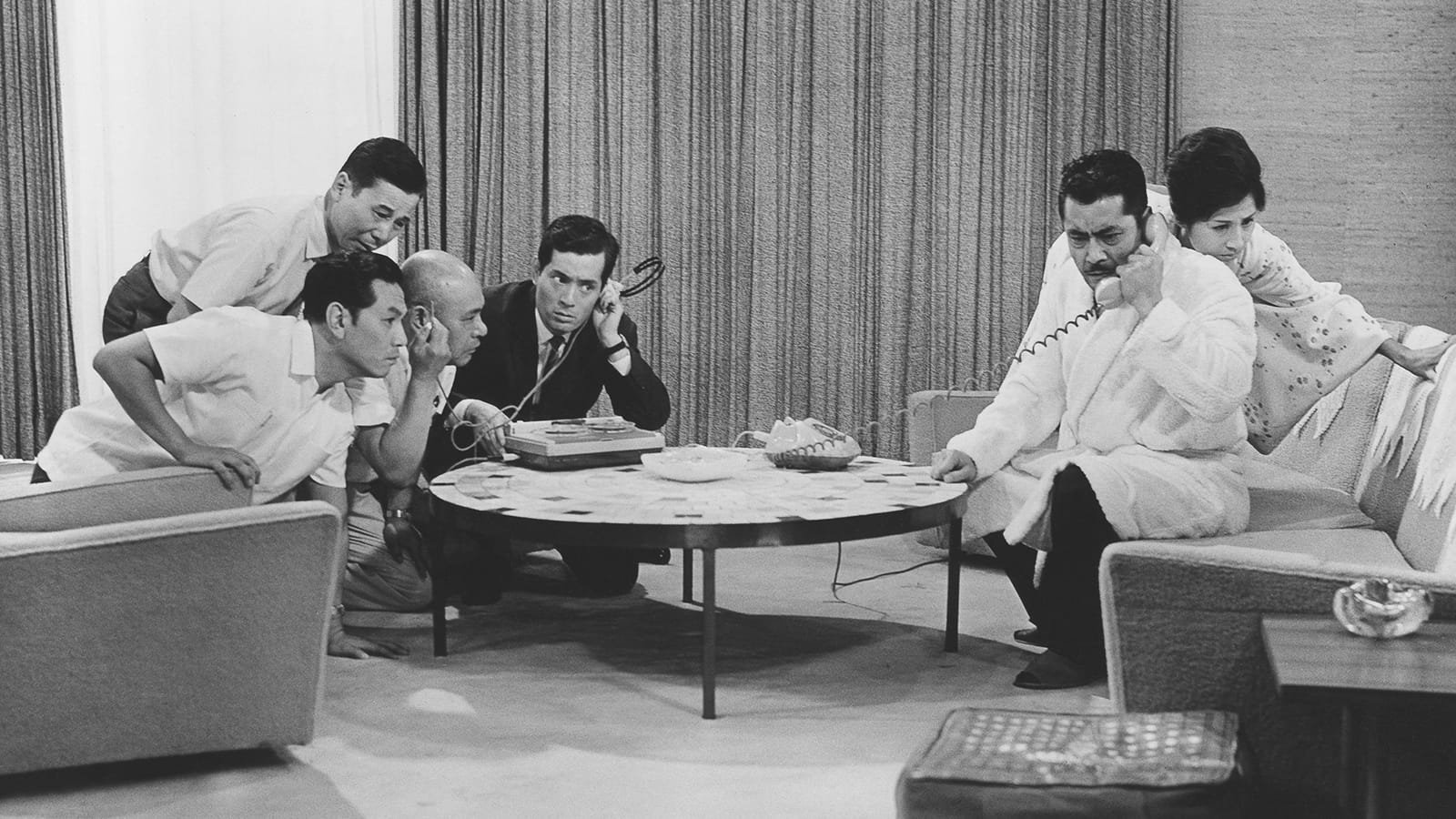

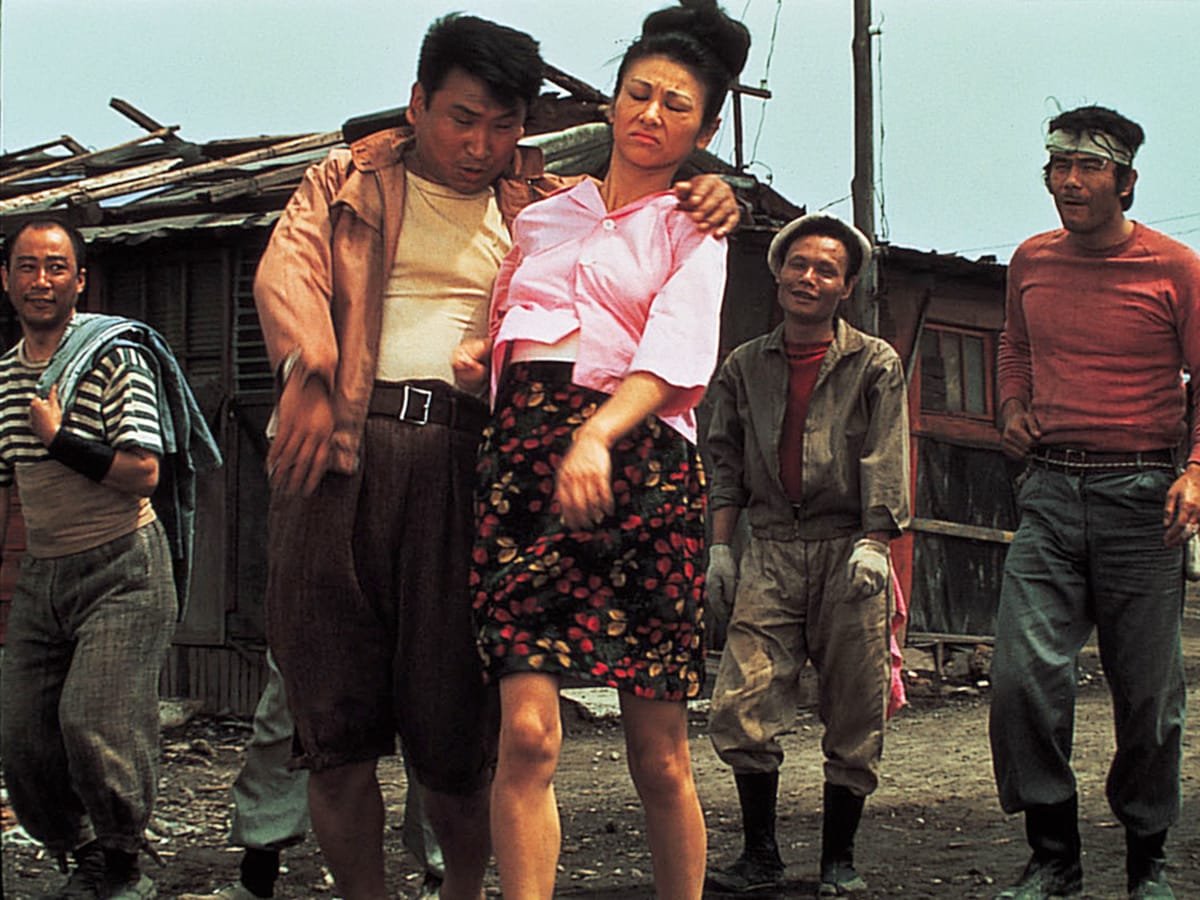




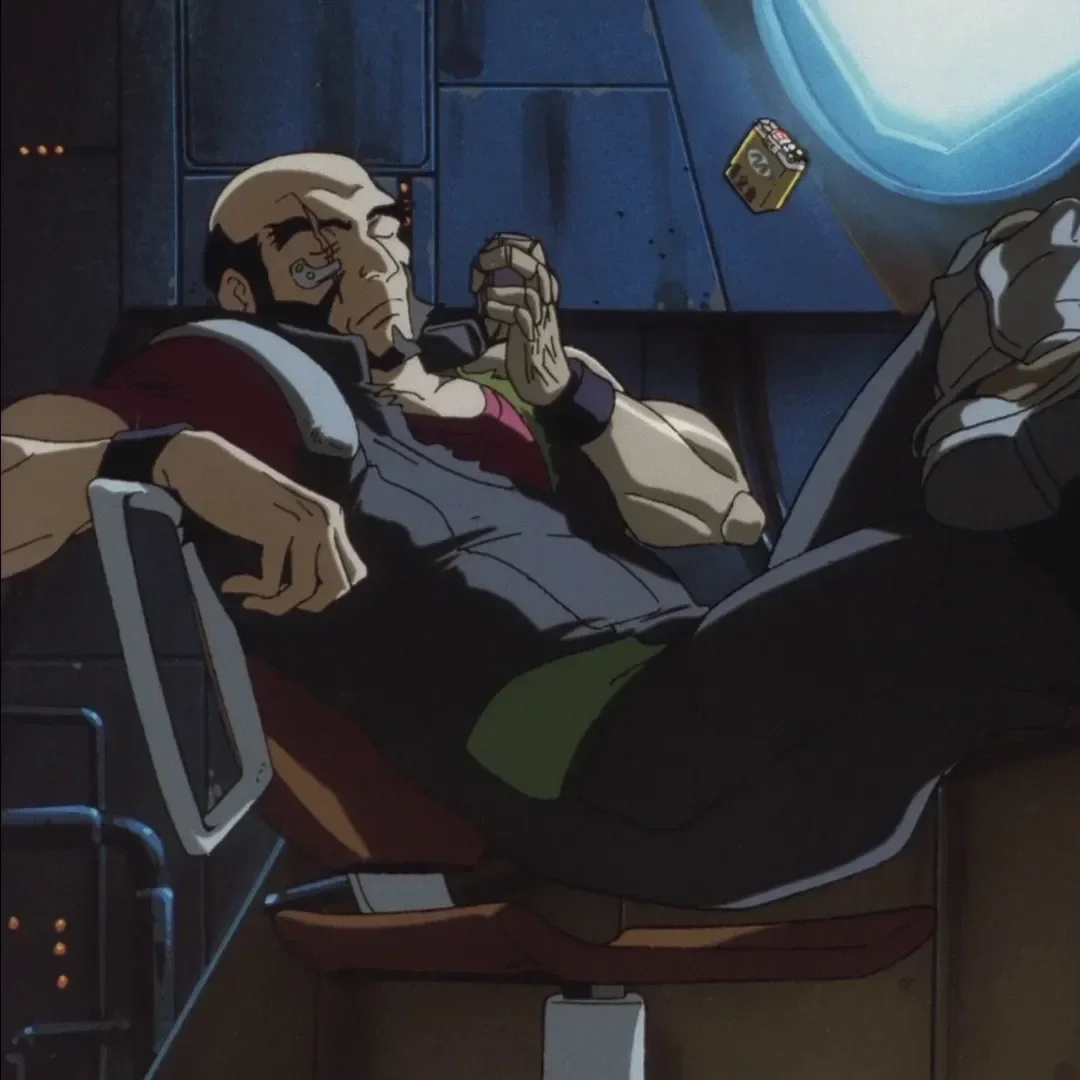
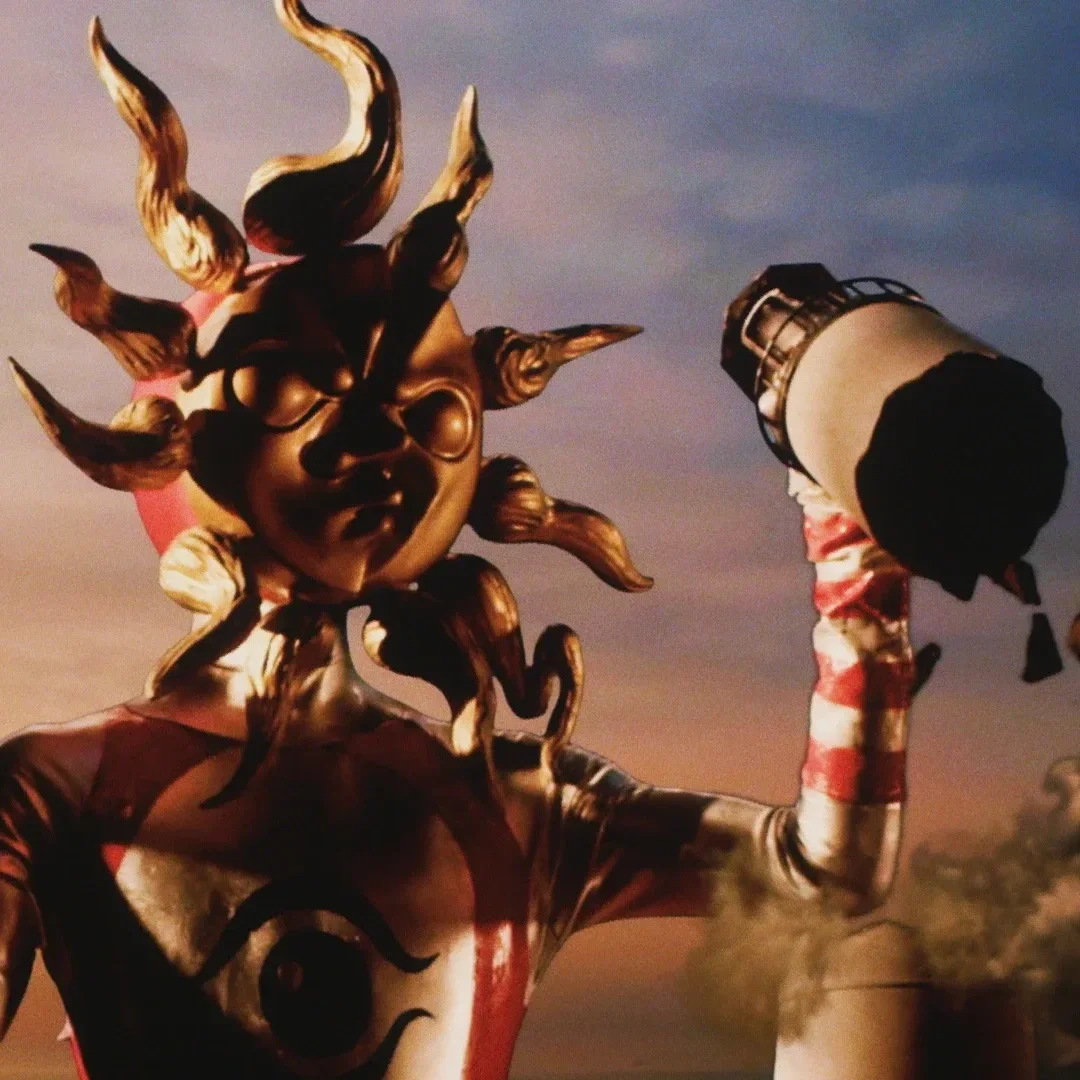


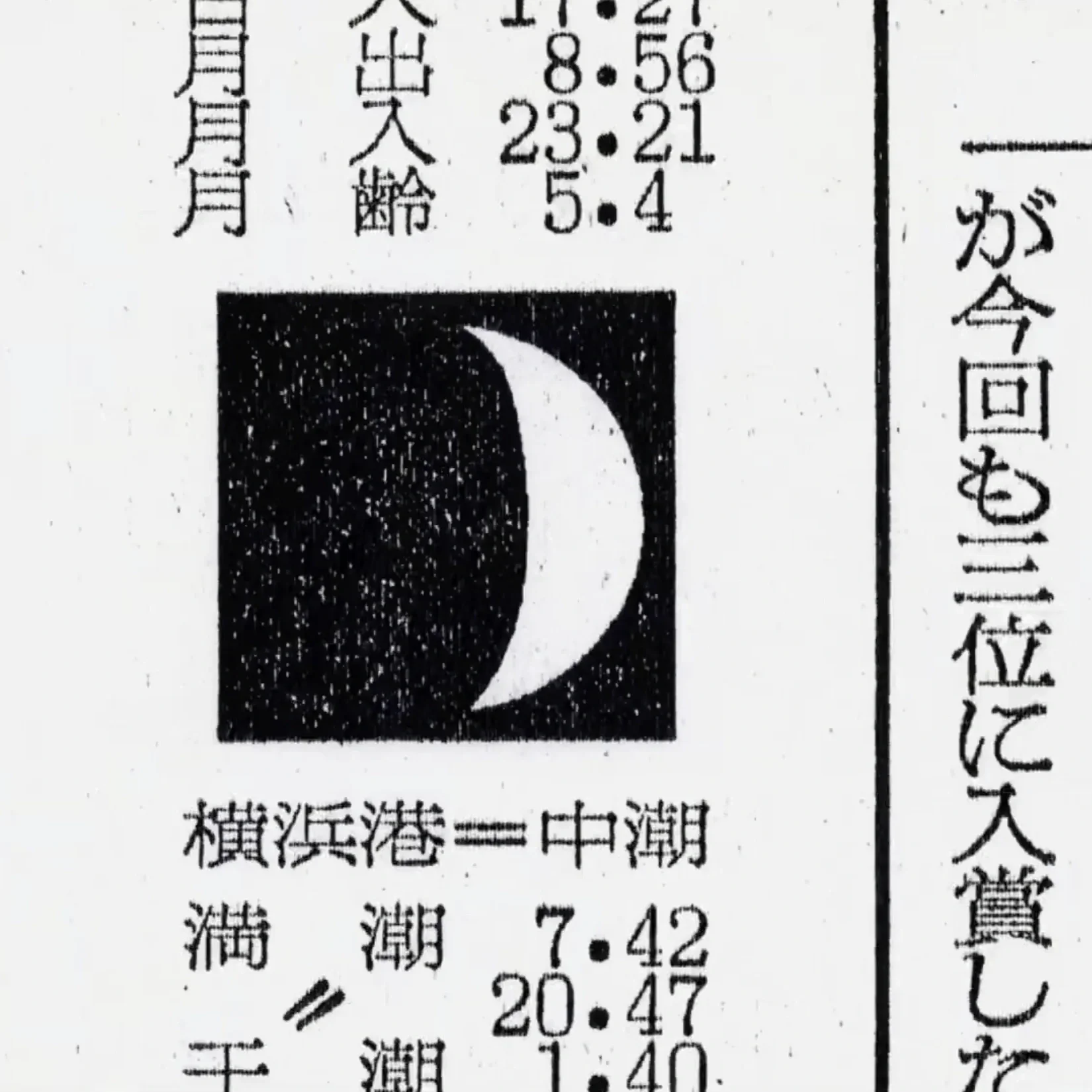
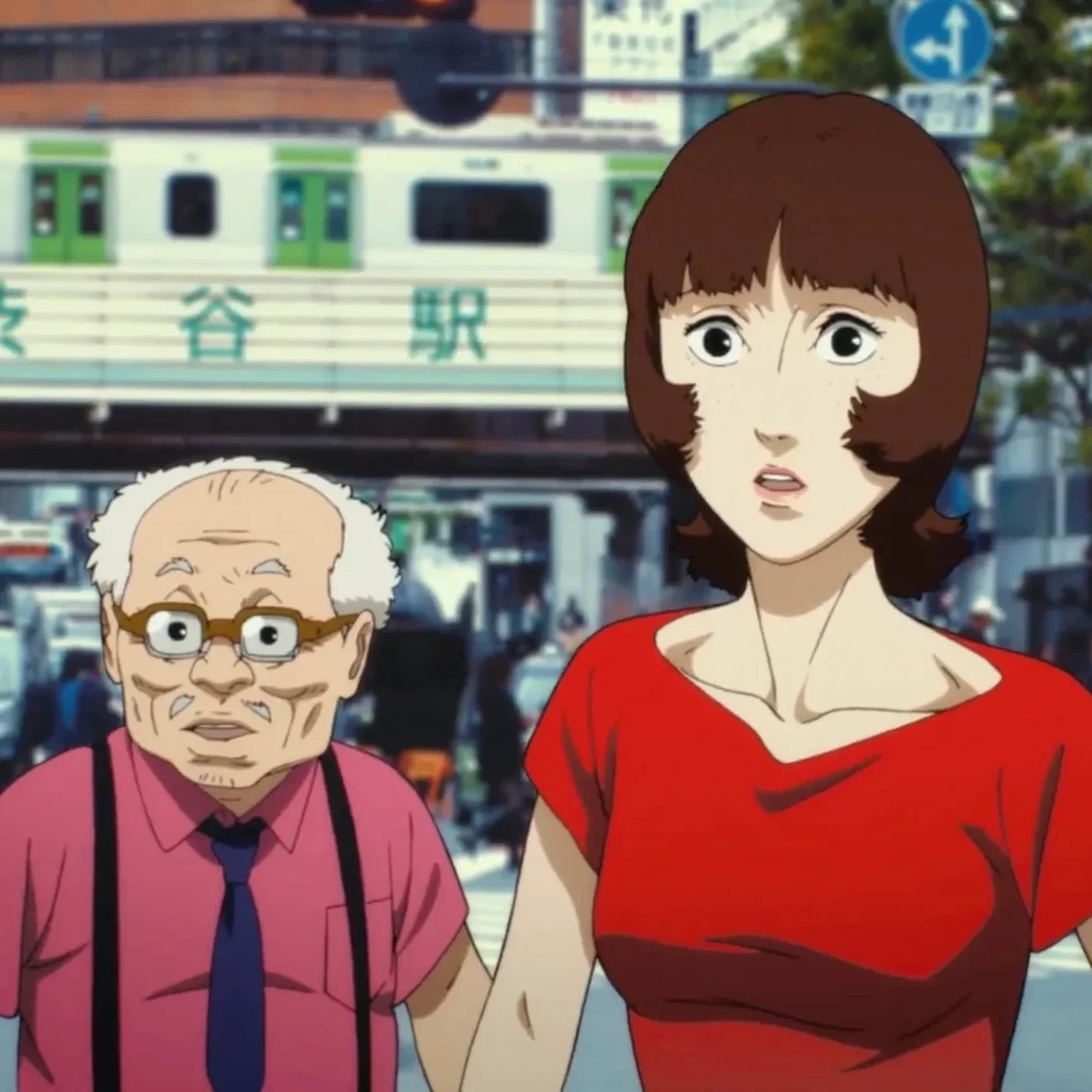
Discover the surreal beauty Akira Kurosawa's dreams.